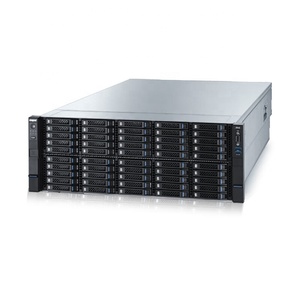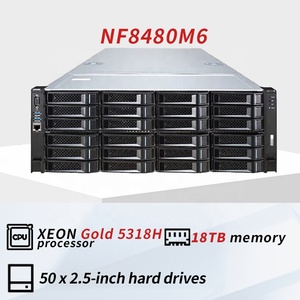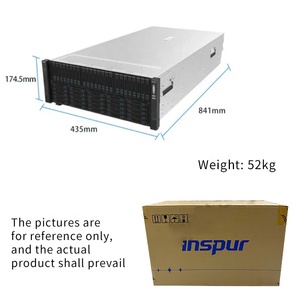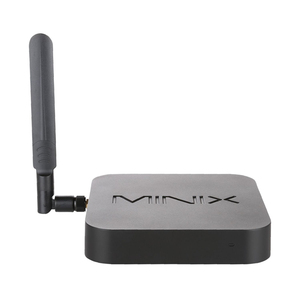Popular in your industry















































































Related Searches:








































































































































Top categories
About remote desktop server
Introduction to Remote Desktop Servers
A remote desktop server is a powerful computing system that allows users to access and control a remote computer over a network connection. This technology is widely used in business settings to enable employees to work from anywhere while securely accessing company resources.
Types of Remote Desktop Servers
There are several types of remote desktop servers available in the market, each catering to specific business needs. Some popular variations include chrome remote host, rdp server, rdesktop server, rdp hosting, and xrdp. These servers differ in their features, compatibility, and security protocols.
Features of Remote Desktop Servers
Remote desktop servers come equipped with a range of features to enhance user experience and ensure seamless connectivity. These include high-speed data transfer capabilities, advanced encryption protocols for data security, multi-platform compatibility, customizable user settings, and real-time collaboration tools.
Technical Specifications of Remote Desktop Servers
When considering a remote desktop server for your business, it's essential to look at the technical specifications. These servers typically offer multiple user support, high processing power, large storage capacities, support for virtual environments, and compatibility with various operating systems such as Windows, Linux, and macOS.
Choosing the Right Remote Desktop Server
When selecting a remote desktop server for your business, consider factors such as the number of users that will be accessing the server simultaneously, the level of security required for your data, compatibility with your existing IT infrastructure, scalability options for future growth, and technical support offered by the server provider.
Benefits of Using Remote Desktop Servers
By incorporating a remote desktop server into your business operations, you can enjoy a myriad of benefits. These include increased flexibility for employees to work remotely, improved data security through centralized control, enhanced collaboration among team members, cost savings by centralizing IT resources, and simplified IT management.
Security Measures in Remote Desktop Servers
Security is a paramount concern when using remote desktop servers in a business environment. These servers employ advanced encryption algorithms, two-factor authentication, IP filtering, and intrusion detection systems to safeguard sensitive data from unauthorized access and cyber threats.
Integration of Remote Desktop Servers
Integrating a remote desktop server into your existing IT infrastructure requires careful planning and execution. Ensure compatibility with your network architecture, configure firewall settings to allow remote access, establish user authentication protocols, conduct regular security audits, and provide training to employees on secure remote desktop usage.
Scalability and Performance of Remote Desktop Servers
As your business grows, the scalability and performance of your remote desktop server become crucial. Choose a server that offers scalability options to accommodate increasing user demands, monitor performance metrics regularly to optimize resource allocation, implement load balancing mechanisms for improved efficiency, and consider cloud-based solutions for enhanced scalability.
Future Trends in Remote Desktop Servers
The field of remote desktop servers is continually evolving to meet the changing needs of businesses. Emerging trends include the integration of artificial intelligence for predictive analytics and automation, enhanced virtualization technologies for seamless user experience, adoption of blockchain for secure data transactions, and the development of mobile-friendly remote desktop applications for on-the-go access.














































